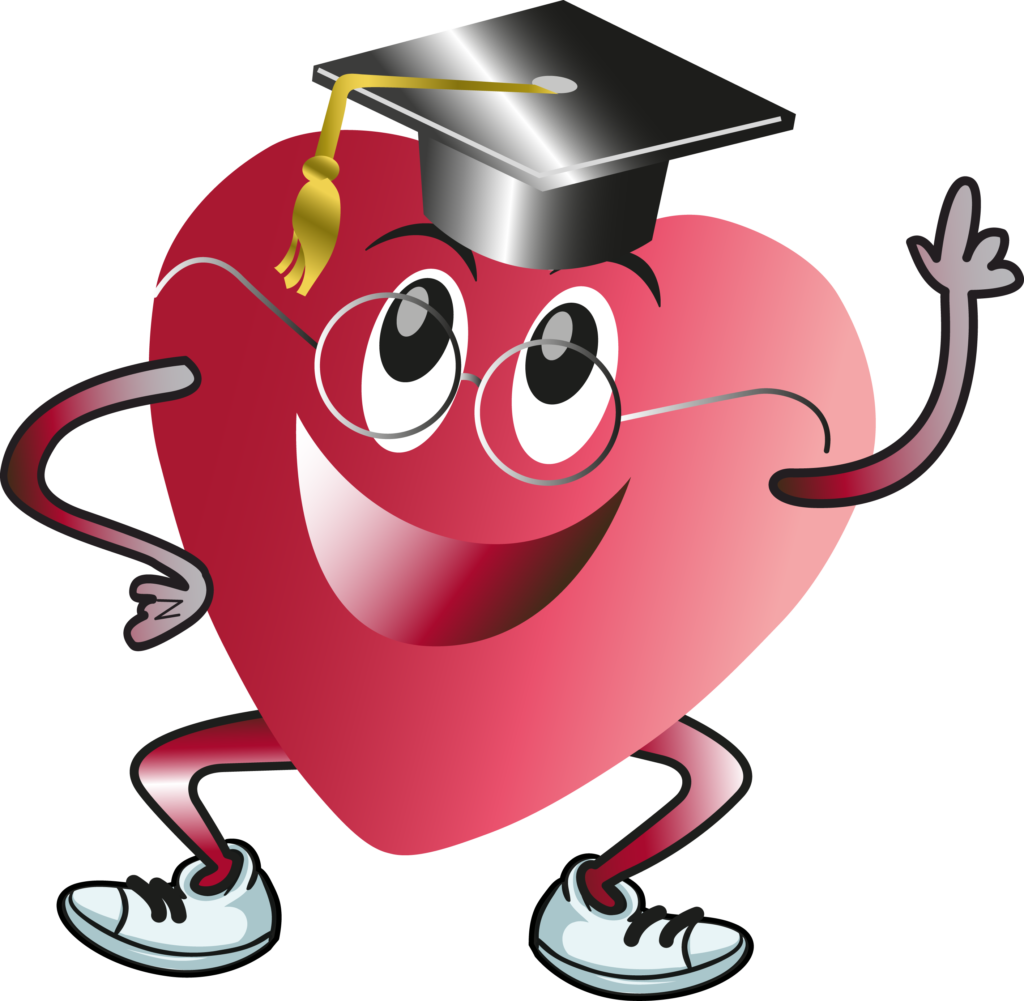Water is essential for health. It is always a good advice to drink more water. But are we drinking enough water and how much is enough?
The importance of water
Water makes up about 60% of the body by weight. It is vital for many bodily functions which include cell metabolism, digestion and helping the body to get rid of wastes through sweating, urination and bowel movement. Water helps maintain normal body temperature and keeps your joints lubricated. It also helps protects organs and maintain blood circulation in the body
Our body loses water from evaporation through the skin, breathing, urine and stool. You can become dehydrated when your intake of water is not equal your output. Symptoms of dehydration include headaches and tiredness. It can also lead to severe problems like heat stroke and heart attack.
How much water should we consume?
The general advice to healthy adults is to drink 8 glasses of water a day is a reasonable target and an easy rule to remember. However, bear in mind during exercise and in hot weather conditions, you may need to consume more water.
Our body maintains water balance in two main ways. One is through thirst which tells us to drink more water and the other is through the kidney which regulates urine output. One easy indicator of hydration is the color of your urine. Pale and clear urine means you are well hydrated. Dark coloured urine that smells may indicate that you may need to drink more water.
Thirst may not be good indicator to replenish water as by the time we are thirsty, it is already an indication of early dehydration. In addition, our sense of thirst generally diminishes with age. For this reason, seniors are at a greater risk of dehydration. They may not be aware when the body needs to be replenished with water. Therefore, it is important for older adults to keep themselves hydrated by maintaining a habit of drinking enough fluid daily.
Is water the only option?
You can consume water by drinking water, other fluids and from food. About 20 percent of water intake comes from food. Fruits and vegetables such as water melon and spinach are high in water content. Soups and beverages such as fruit juices, soft drinks. coffee and tea consist mainly water. They can contribute to your daily water intake. However, sweetened drinks contain sugar which can add unneeded calories to your daily calories intake. Moreover, excess sugar can inhibit the body from absorbing water. Caffeine in coffee and tea can act as diuretic and can cause you to lose more water. Therefore, choose water to keep you hydrated. In addition, it is calorie free, affordable and easily available.
Tips to stay hydrated
- Gets in the habit of drinking a glass of water first thing in the morning, a glass of water with each meal and between meals throughout the day.
- Proactively, drink water especially before, during and after exercise, and in hot weather
- Eat more fruits and vegetables which have high water content
- Keep a bottle of water within reach, in your car, bag or desk so that you can drink whenever thirsty

The information, images and other material contained on this website are for informational purposes only, and are provided with no guarantee of accuracy, completeness or usefulness and without any warranties of any kind whatsoever, express or implied. No material on this website is intended to be a substitute for professional medical advice, diagnosis or treatment. Always seek the advice of your physician or other qualified healthcare provider with any questions you may have regarding a medical condition or treatment.
Reference:
1. www.theheartfoundation.org
2. www.abcnews.go.com
3. www.mayoclinic.org
4. www.medicalnewstoday.com
5. www.healthhub.sg
6. www.webmed.com



